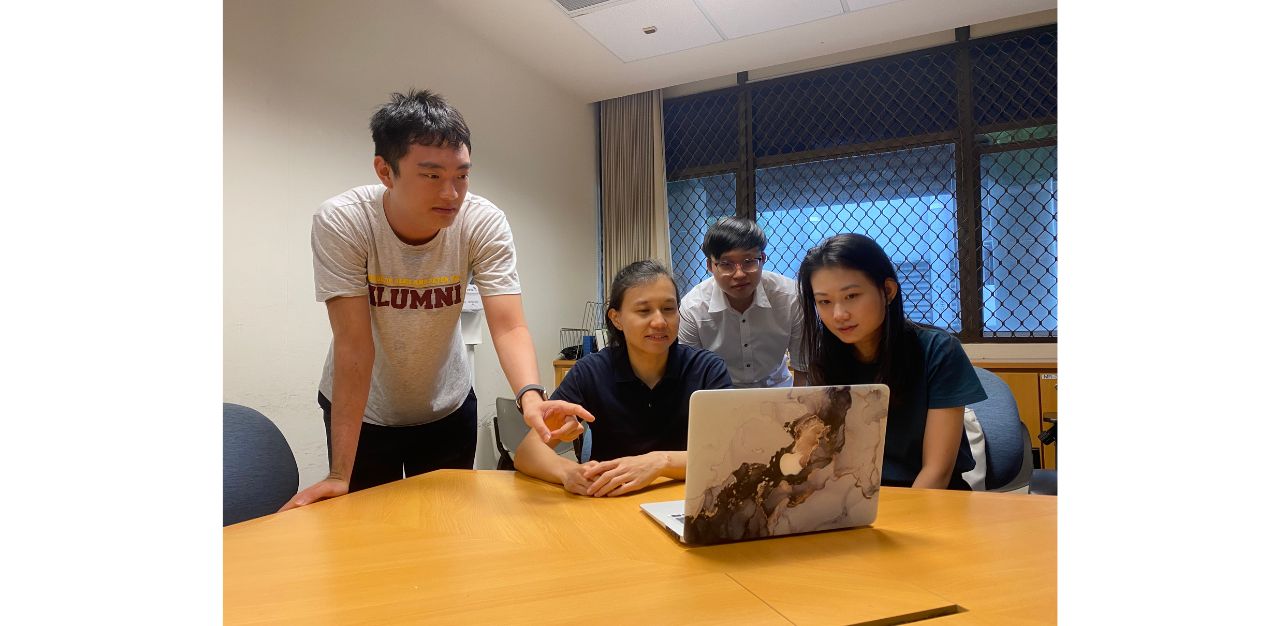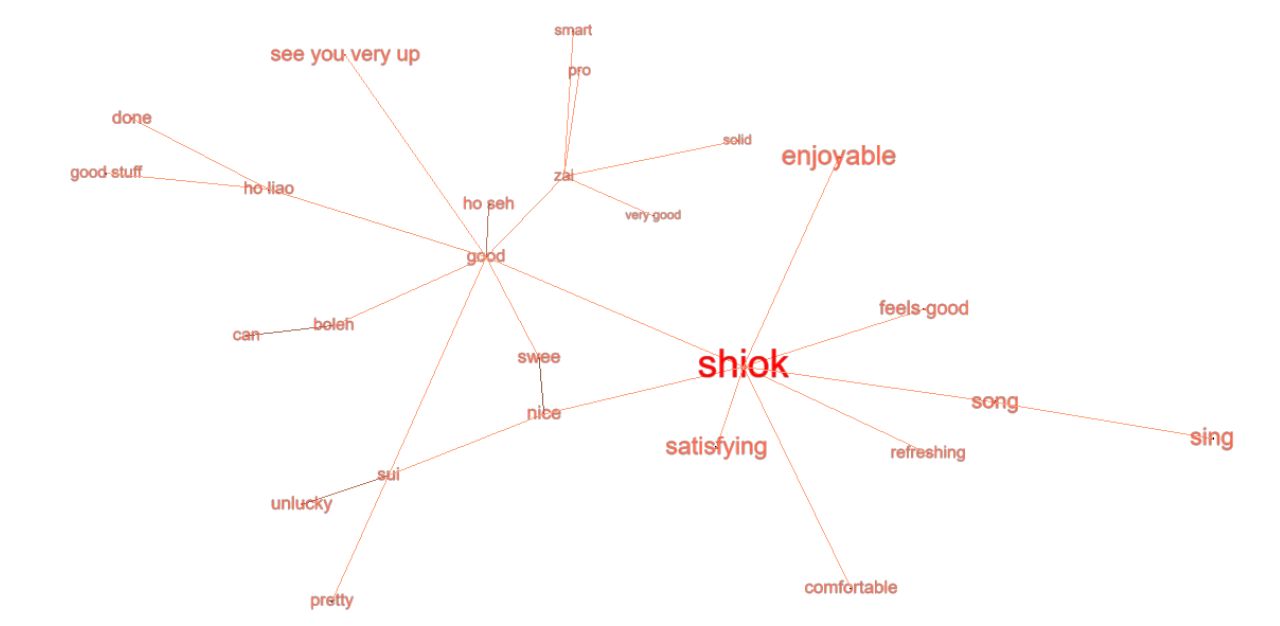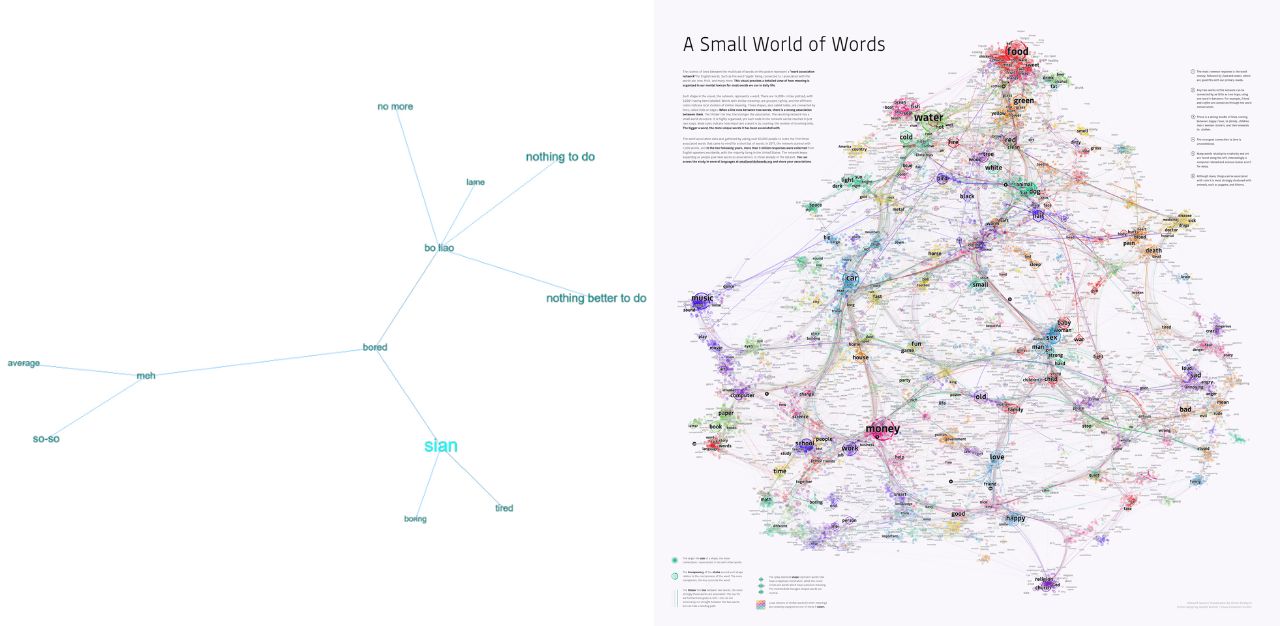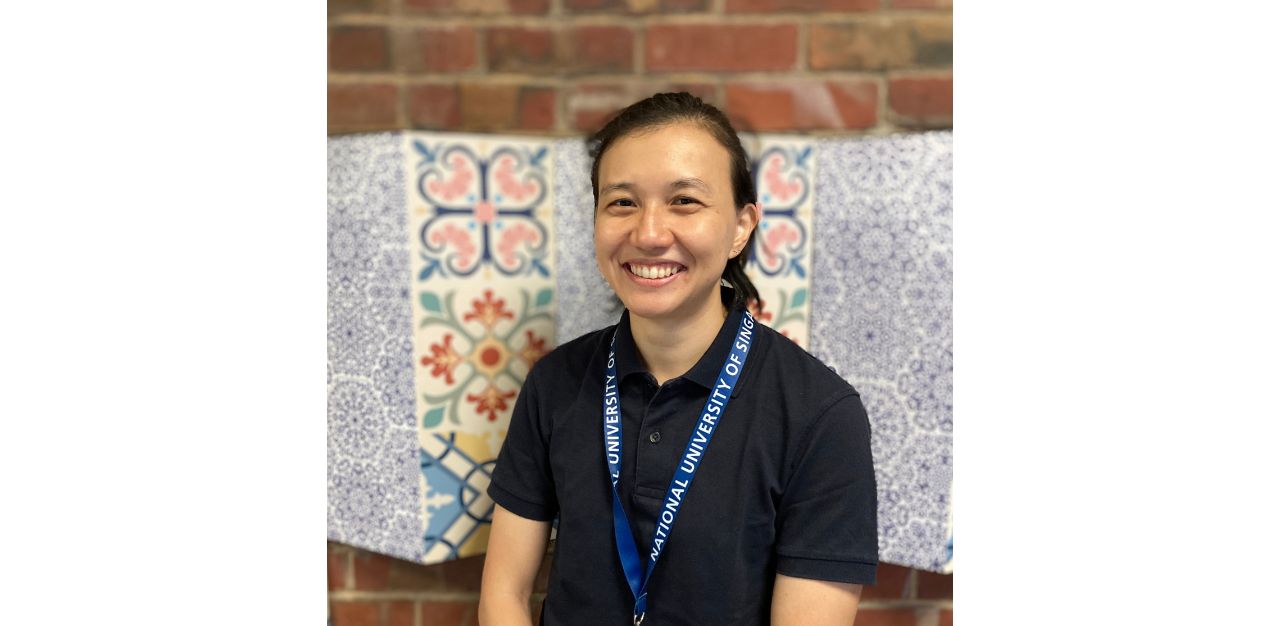You hear lahs and lors across coffee shops and offices, and mehs and lehs in public transport and over loud telephone conversations. Singlish is part and parcel of everyday life in this Island Republic.
To the ordinary Singaporean, Singlish may sound a lot like English, but when two Singaporeans start speaking to each other, tourists can find it incomprehensible.
Take the comedic character Phua Chu Kang of the 1990s and his iconic phrase like ‘don’t play play’. It has inadvertently led to government campaigns like the Speak Good English Movement in 2000 to encourage “Singaporeans to speak and write standard English”.
But what some may regard as vernacular and foreigners find intriguing, Singlish or Singaporean English forms the cornerstone of the lexicon for many Singaporeans.
“You can think of psycholinguistics as trying to study the way that humans use and produce language. So if linguists of study like the language itself, the structure of language, psycho linguists try to bring the person into it, and the cognitive mechanism that sort of goes on when we try to recognize a word,” says Dr Cynthia Siew.
Dr Siew is an assistant professor from the department of psychology at the National University of Singapore (NUS) and the Principal Investigator of the Language and Computation Lab. When she is not busy teaching cognitive processing and network analysis to aspiring psychologists in Singapore, she is leading her team in mapping out the first ever cognitive language network of Singaporean English.
The research is a word association task where participants type out the first few words that come to mind when presented with a Singlish word.
Her project is an adaptation of the original Small World of Worlds which was launched in 2013 by researchers Simon De Deyne from the University of Melbourne and Gert Storms from the University of Leuven, to map meaning in the mental lexicon across most of the worlds’ languages. The project has since expanded to various researchers using it for different studies like the Japanese adaptation of the test and even a digital installation in a hedonism exhibition in 2019. Now, it has reached Singapore.
The (small) world of Singlish
“I think the main reason for doing the research using Singlish is items that are uniquely used in Singaporean English don’t exist in the original Small World of words project for English. Words like kiasu and shiok, for example, can’t be found in the English version of the small world of words because it’s not in their stimuli list and data. And I think it’s clear that these words are part of the Singaporean mental lexicon,” says Dr Siew.
She adds that a mental lexicon can be illustrated as a “mind dictionary of all the words one knows stored in one’s memory”. When individuals use language, they use this mind dictionary. And this lack of a Singlish variety is the gap that Dr Siew and her team are trying to fill.
Having just collected data primarily from students in NUS and now setting out to collect data from a more diverse group of Singaporeans, Dr Siew says work on the project is still in its nascent phase.

Dr Siew says the findings from her research could have commercial applications in areas of marketing, where advertisers learn to understand the accessibility of certain Singlish words to their target audiences; and machine learning models of language, where currently they lack the data set for Singlish.
“There is also this ability to do things like sentiment analysis. I can imagine, for example, the Singaporean government might be interested in trying to understand public opinion about increasing the GST, or like a language model that includes these Singlish items and some of the information about them so that you carry out a good analysis on what’s out there,” she says.
“It’s important when it comes to governments measuring public sentiment about issues, or companies trying to market some kind of product, all sorts of things that involve text data. And you don’t probably don’t want to use a model from America. You definitely need to complement it with some kind of local flavoured English,” she adds.
The need for localised data sets is something that is lacking as well academically for Singlish as Dr Siew adds.
“This is an issue in psycholinguistic research where the area is dominated by North American English because that’s the only language that was studied for a very long time. I think it is important to understand from a theoretical perspective how memory representations might be different across different dialect speakers of English. There are some extensions into European languages and languages from Southeast Asia, but they have entered the sphere relatively late. And I think Singapore English is very unique, because it is a version of English, but it’s also coming from a culture that is very multilingual. So, there is this opportunity to have Singapore English contribute to academic understanding of the meanings and access to the language,” she says.
Beyond the academic and commercial gaps that her research is aiming to plug, Dr Siew also highlights the role of data used in the understanding of our relationship with Singlish and the preservation of it.
Listening to the winds of change
“What I hope to find is that Singlish would coexist very nicely with other Standard English concepts in this lexicon. I think I would find that the Singlish terms are not just going to be its own lot of things, but actually integrated with other English concepts. So it really shows the complexity of meaning representation in memory. We’ll probably find that the individual Singlish words differ a lot in terms of the pattern of associations that they trigger,” says Dr Siew.

In word association research, Dr Siew says people usually give the same sets of associations to words that they agree the meaning of, but for words with more divergence in word associations, it is a potential sign of the word undergoing a meaning change.
“For example the words tuang and nua. Younger Singaporeans like to say ‘I want to nua at home’ while older generations would not really say nua. Instead they’ll say something like, ‘tuanging at Orchard Road’. In that sense there are shifts in what concepts become prevalent, or more accessible in different segments of the population, depending on age and generational sort of differences,” says Dr Siew, making reference to the first round of data she has collected from NUS students.
She adds that words like lombang have drawn some kind of confusion from the participants, which suggests a merging of meanings, and the word gabra showed a scattered perception of meaning which suggests the word is undergoing meaning change.
“It was surprising for me because gabra is a word that I use all the time and am very familiar with the meaning. But it seems among the younger generations, this word is getting a bit shaky. It’s very interesting because we can still use the data to make predictions about what words are coming in or have been phased out in the Singaporean lexicon,” Dr Siew says.

Koyak, yet another word that Dr Siew says is potentially being phased out, highlights another difficulty and importance in putting more emphasis on research for Singlish.
“For our young data set, there are many question marks over the word. But another complication, I think, is that the word probably has many multiple spellings and interpretations of the actual orthography. So that sort of goes back to the idea that Singlish actually is a very oral tradition,” she says.
Dr Siew adds: “I’ve also noticed that when I’m writing an email, I never use Singlish, but when I talk to my friends it is always in Singlish. So when a language has more of an oral kind of expression rather than written, that is where the most change happens, and also most liable to be lost. We need to study these languages and not just the few that everybody studies, and devote scientific attention to lesser known languages, especially indigenous languages which just die out, because they’re oral traditions.”
Speak good Singlish
The year 2022 marks the start of the international decade of indegenious languages by UNESCO and Dr Siew says it aims at “ensuring indigenous people’s right to preserve, revitalise and promote their languages, and mainstreaming the linguistic diversity and multilingualism aspects into the sustainable development efforts”.
“I really think that the research is very important for the preservation of cultural heritage. We have archaeologists who find ruins or pottery from the past, try to understand and preserve them because they tell us something about the past. And if language is part of our culture and part of our identity, and it’s changing over time, it makes sense to try and study it. And because it is a language, it makes it an intangible cultural product and even harder to study. So if you don’t try and approach it from a scientific way, you’re going to lose this information,” she says.
“I really hope this project is for the long term. As long as the internet is still around, I want to keep the website going, so that people will just continue to contribute to our scientific research and let it grow with time, which was how the original small world of words actually lasted. It was a 10-year project over,” adds the 34-year-old don.

In her work as a psycholinguist, Dr Siew says that she has observed how Singlish has evolved and been integrated in Singaporean society over the years.
“I think the speak good English campaign is interesting because I’ve observed it over the years and there’s this realisation that you cannot really just stamp it out, because English and Singlish are also tightly interconnected. When things are interconnected in our minds, it’s very hard to not use and activate it. It’s more about trying to understand when it’s the right place and time to use the different varieties of English,” she says.
The 50 shades of Singlish words
Dr Siew says the Singlish word agaration is one of her favourites as it has an interesting Malay root that evolved with a kind of formalism.
“I feel very proud (of Singlish). I do sometimes come across comments that say it’s actually a concept that really captures something very unique because there is no English translation. Maybe you can say, nua, and the English word is to chill. But it doesn’t really capture that local flavour of what it means. The word shiok loosely means good, but it doesn’t capture all the different shades to it. And I think only a Singaporean who has grown up in Singapore can understand the different shades and know when’s the right context to apply them. I find that when you try to explain Singlish words to a foreigner, you can only explain their broad meanings. They never get the different innuendoes. I really think they fulfil some kind of communicative function that is very unique to Singaporeans” she says.

Dr Siew, who is married to an Australian, shares an instance of the Whorfian hypothesis that she experienced personally.
“So the idea is that the language you use affects the way you interpret the world. It’s a very interesting hypothesis because there’s a lot of debate about where on the spectrum it is. It’s not as if you speak Spanish, for example, and you just solely think in this language. There’s this continuum of how much the language you know affects the various things that you see and do,” she says.
Dr Siew taught her spouse the concept of chope which he used during a holiday abroad to reserve a seat in a bar by leaving his jacket on the chair, but found it missing after he returned.
“I always use this example to try and illustrate how linguistic knowledge can lead you to different interpretations of things that you observe in the real world. From knowing the word chope and having access to its meanings, it shapes the way you view an item on a table, which we take for granted because we understand the cultural significance of a packet of tissue on a table. So when a foreigner internalised that concept and tried to apply it in the foreign country, the other people in that country saw the jacket and believed that he forgot it so they took it away because there’s no concept of chope there,” she says.
“I believe that’s why we need to study some of these languages because they are really part of our cultural and linguistic identity that is unique to us. They in turn shape the way we understand and make sense of things around us. It’s a very bi-directional kind of process where language is never something that’s in isolation. We constantly use it to interact,” she adds.
RELATED: Singlish: A Cornerstone of Singapore’s Culture
Join the conversations on TheHomeGround Asia’s Facebook and Instagram, and get the latest updates via Telegram.














